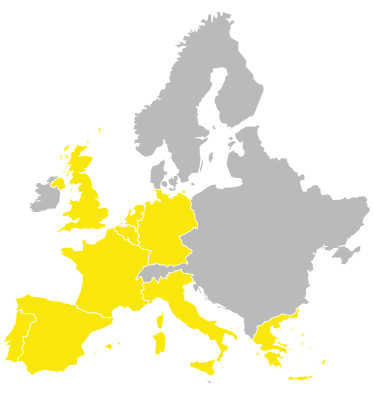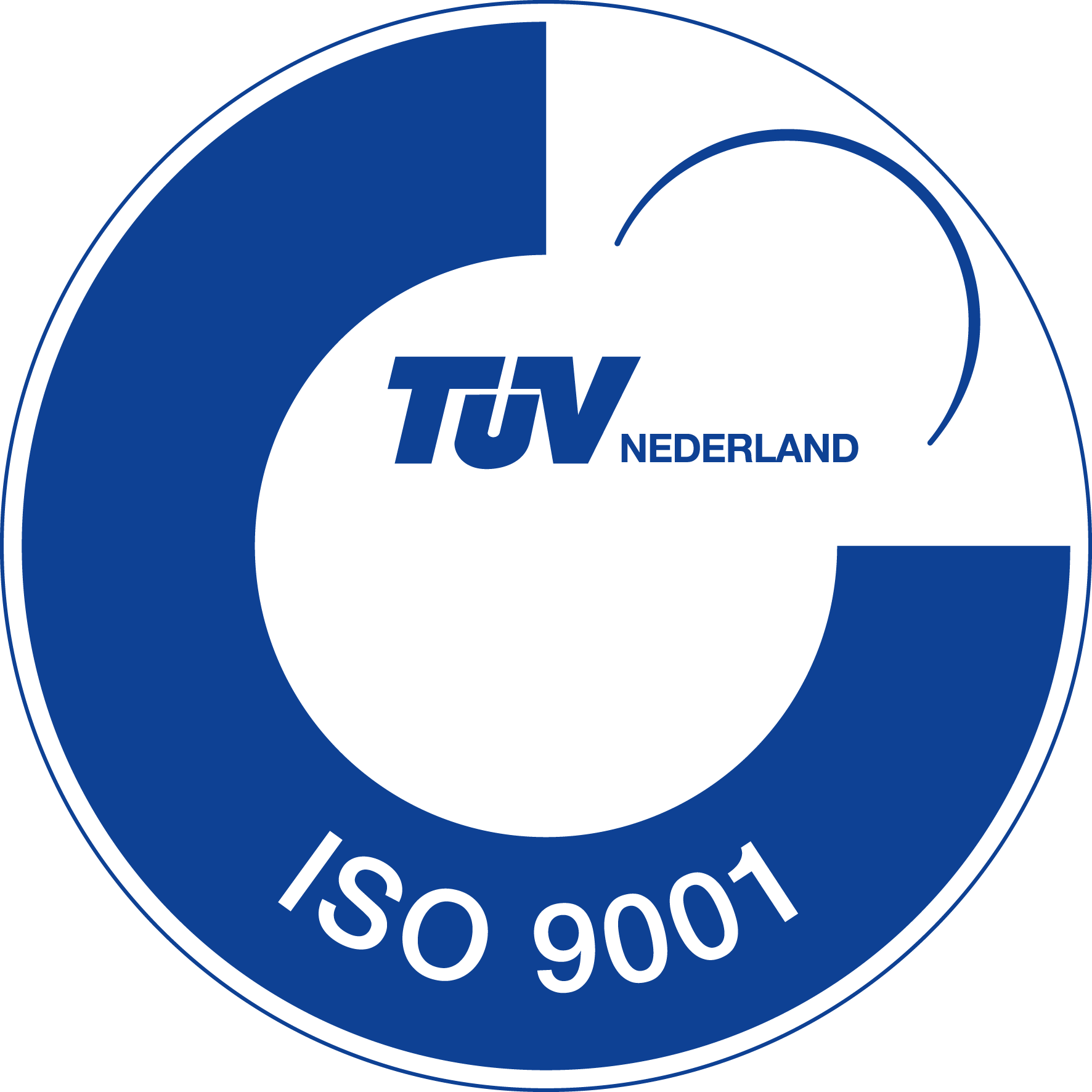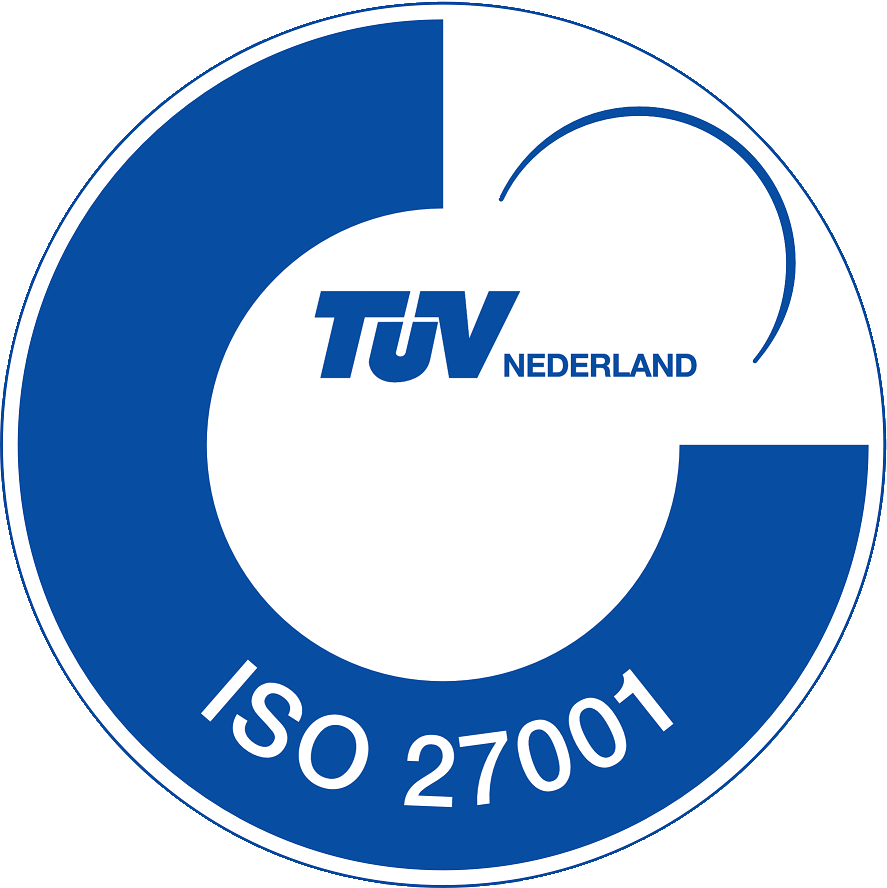Themes
The LIFE funding programme is composed of two main fields – Environment and Climate Action – each of which has two sub-programmes:
Environment:
- Nature and Biodiversity: This sub-programme aims to develop, demonstrate, promote and stimulate the scale-up of innovative techniques, methods and approaches, including nature-based solutions and ecosystem approaches. It also supports the Natura 2000 network.
- Circular Economy and Quality of Life: This sub-programme aims to develop, demonstrate and promote innovative techniques, methods and approaches that contribute to the knowledge base and, where relevant, to the application of best practices.
Climate Action:
- Climate Change Mitigation and Adaptation: This sub-programme aims to develop, demonstrate and promote innovative techniques, methods and approaches that contribute to the knowledge base and to the application of best practices.
- Clean Energy Transition: This sub-programme aims to develop, demonstrate and promote innovative techniques, methods and approaches that contribute to the knowledge base and to the application of best practices.
Objectives
The primary goal of the LIFE funding programme is to facilitate the transition towards a sustainable, energy-efficient, renewable energy-based, climate-neutral and -resilient economy. This aim is to safeguard, restore and enhance the environment’s quality, including the air, water, and soil, prevent and reverse biodiversity loss, and address ecosystem degradation in line with the European Green Deal’s principles (i.e., Europe being the first climate-neutral continent by 2050).
The LIFE funding programme, which runs from 2021-2027, is a long-term programme. It has an overall budget of 5.45 billion euros that will be allocated via various “calls for proposals.” These proposals aim to support environmental, nature conservation, and climate action projects throughout the European Union.
Details
Enterprises, governments, cities, communities, NGOs and knowledge centres from EU Member States are eligible to apply for the LIFE funding programme. The chemical sector has been able to benefit from LIFE, with the opportunity for national or European demonstrations or pilots in the areas of efficient use of raw materials or recycling.
To be successful, your LIFE project must address a natural, environmental or climate problem and align with EU objectives and regulations. The programme considers best-practice projects with proven methods, as well as demonstration and pilot projects that require further testing and development of new approaches. Communication projects designed to increase awareness are also eligible.
How we can help you?
Would you like to explore project plans or ideas that meet the criteria for a LIFE grant? The team at PNO Chemistry is available to discuss your ideas and assist you with the grant application process. Please don’t hesitate to get in touch with us.



